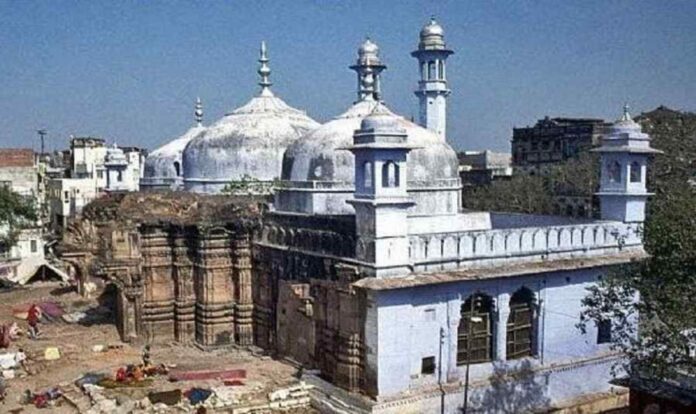In a significant development, a 40-member team of the Archaeological Survey of India (ASI) commenced a scientific survey at the Gyanvapi premises in Varanasi, seeking to determine whether the 17th-century mosque was constructed over a pre-existing structure of a Hindu temple. The survey was initiated under tight security arrangements after the Allahabad High Court upheld a district court order, asserting that the survey was essential in the interest of justice and would be beneficial for both parties involved. However, the survey faced a setback as the Muslim body, Anjuman Intezamia Masajid Committee, decided not to participate in the process this time.
The committee had previously participated in the survey on July 24, but the Supreme Court later put it on hold. The committee’s joint secretary, SM Yasin, expressed concerns about the survey and urged officials to postpone it while they appeal against the high court’s order. The matter was brought before Chief Justice of India DY Chandrachud, who assured an urgent hearing and acknowledged receiving the committee’s appeal against the ASI survey. On the other hand, the Hindu side presented a caveat in the apex court, ensuring that no orders would be passed without hearing their arguments. They claim that a Hindu temple once stood on the site and was demolished during the reign of Mughal emperor Aurangzeb.
The high court’s order instructed the ASI director to conduct a detailed scientific investigation using Ground Penetrating Radar (GPR) survey, excavation, dating methods, and modern techniques to ascertain whether the mosque was built on the remains of a Hindu temple. However, the ‘wazu khana’ in the Gyanvapi complex, where Hindu litigants believe a ‘shivling’ exists, will not be part of the survey due to a previous Supreme Court order protecting the spot. Chief Justice Pritinker Diwaker dismissed the petition filed by the Muslim body, asserting that the district court’s order permitting the ASI survey was just and proper, and no interference from the high court was necessary.
As the survey commenced, Varanasi District Magistrate S Rajalingam stated that the ASI sought assistance from the local administration, and the district is fully prepared to support the survey and ensure security during the process. The Gyanvapi mosque’s history has been a subject of contention, and the survey aims to shed light on the site’s past, addressing long-standing disputes between different communities. Despite the challenges, the ASI’s scientific investigation is expected to provide valuable insights and potentially shape the future of the Gyanvapi mosque and its historical significance.


